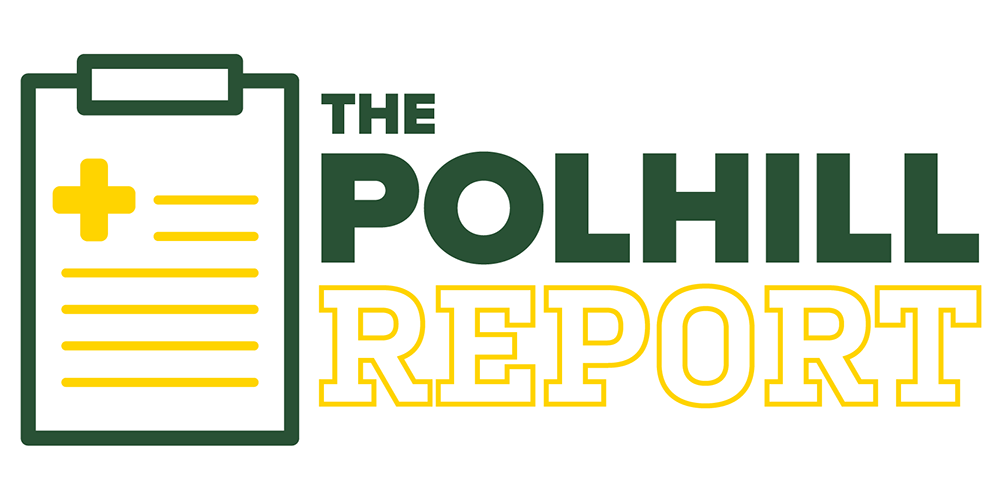
A quarterly e-newsletter to promote topical pediatric emergency medicine information and updates from the UAB Division of Pediatric Emergency Medicine. Named in honor of Rud Polhill, M.D., and his passion for lifelong learning.
Our Model of Lifelong Learning
We face a paradox as learners and educators. The extent to which we incorporate this paradox will inform the educational process that we guide. We must embrace the concept that the paradox of learning is such that the learner does not at first understand what he needs to learn, cannot be taught wat he needs to learn, and can educate himself only by beginning to do what he does not yet understand.
Experts have both an intuitive grasp of the situation and seem to sense in nonanalytic and nondeliberate ways the appropriate response to be made. They show fluid performance, as we all do when we no longer have to choose out words when speaking or think about where to pace out feet when walking.
The novice is someone who “…applies rules and plans rigidly, who has little situational understanding, and who has no judgment of a situation…”
The expert is someone who “…no longer relies on rules, who has an intuitive grasp of situations based on deep tacit understanding, and who has a vision of the whole…”
Quote from the jazz master class: “First you master your instrument. Then you master the music. Then you forget all about all the <crap> you just learned and just play.” –Charlie “Bird” Parker
This implies tat learning methods may need to be different at different stages of a professional career. But does this mean the novice is taught in a method that has to be completely discarded as experience and expertise develop, or can the basic model of learning be enhanced by reflection and experience?
What I attempted to present, and what others have incorporated in humanistic education, is the creation of the reflective practitioner which is the model for lifetime learning that spans the spectrum of professional skill acquisition from novice to expert. In this model, the learner is in charge and the reflective process is the engine of competency. The skillful clinician’s reflective conversation with the patient or case about the disease is a creative activity that can yield new discoveries and meanings. The concentration would be on the skilled clinicians’ on-the-spot judgments, improvisations, and clinical judgment that are essential to professional competence. The skilled clinician conducts frame experiments to impose a kind of coherence on messy real clinical situations and thereby discovers consequences and implications of the chosen frames. Feedback and patient outcome data are support essentials in such a program.
Our challenge is to know how to guide physicians on the journey of self-discovery of this process. Read, read, read.
The preceding words belong to Rud Polhill, M.D., former division director for the UAB Division of Pediatric Emergency Medicine, and are taken from his email to the division in January 2002. He was an esteemed member of our division and of the Department of Pediatrics who unexpectedly died in April 2002. Lifelong learning was his passion and he had just given a grand rounds presentation entitled “Lifelong Model of Pediatric Education.” His tragic passing stunned us all but through his leadership, he inspired our division to engage in lifelong learning so that we could provide the best care possible for our patients.
Everyone who worked with him was touched by his love and enthusiasm for pediatrics. He brought both depth and breadth of experience and knowledge to his work plus a gentle charm and a sense of humor. A man of great faith, he had an endless supply of love for his wife, children, and the community at large.
To honor the memory of Dr. Polhill and his belief in the value of lifelong learning, a true role model physician, educator and mentor, we have named this newsletter the Polhill Report. We recognize the time restraints that come from all directions making this a challenging goal in already crammed schedules. To that end, we present this with the goal of supporting your own lifelong learning through information that is topical and relevant to your practice. And as Dr. Polhill would insist, we will also include some fun.
We hope this will help you catch the spirit of lifelong learning. We welcome any feedback and suggestions as we will always continue to learn from each other as well. We are all in this together, so let’s help each other out. It’s what Dr. Polhill would have wanted after all.